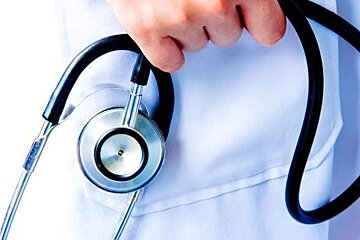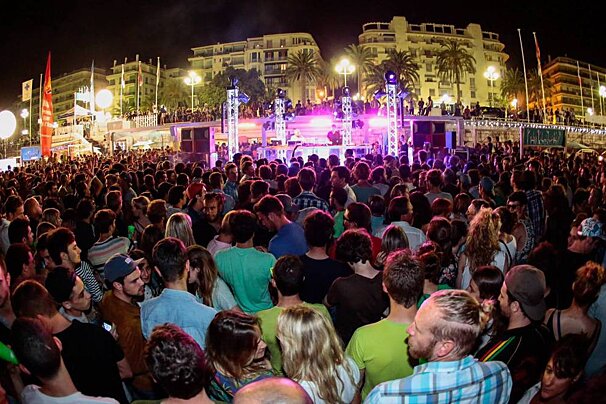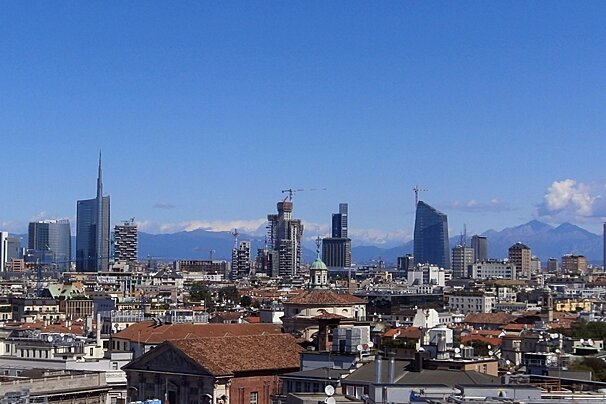About Emergency Services in Italy
Often regarded as the second best public health care in the world, after France, it is provided to all by a mixed public-private system.
| Emergency numbers in Italy | |
|---|---|
| European Emergency Number | 112 114 for text emergency number |
| Ambulances | 118 |
| Police | 113 |
| Fire Brigade | 115 |
Watch this
How the system works
Emergency medical services consist of a combination of voluntary and private companies that provide ambulance services. Emergency medical treatment is always free of charge and first aid is provided by all the public hospitals: for urgent cases it is completely free of charge for everyone (even for the undocumented).
European visitors should obtain the European Health Insurance Card (EHIC), which enables them to get state healthcare at a reduced cost or sometimes for free when they are on a temporary stay. Make sure you are referred to, or go to, a public hospital and have your EHIC card with you and double check that you are not being treated as a private patient.
The EHIC replaced the old E111 in 2006. The card is not an alternative to travel insurance. It does not cover private medical healthcare or costs such as mountain rescue in ski resorts, being flown back to the UK, or lost or stolen property. It is important to have both an EHIC and a valid private travel insurance policy. Some insurers now insist you hold an EHIC, and many will waive the excess if you have one.
Non-EU visitors should ensure that they have private health insurance before they travel as they are not covered in the state health system in Italy.
Italian pharmacies are regulated by law, which means you will always find an open pharmacy in your area at night, holidays and Sundays. Each pharmacy displays information about its opening hours and out-of-hours emergency telephone numbers.
Family medical care & children
When you’re travelling with kids there are few essential items to remember, especially when it come to their health on holiday. Here are a few pointers to help keep your little ones out of trouble!
- Make sure you have antibacterial wipes and/or a hand sanitiser spray. A quick wipe of surfaces or cutlery where you’re unsure of hygiene, or a squirt of hand sanitiser when there’s no washing facilities, can keep away some of those common holiday bugs.
- Getting ill on holiday can be quite common for little ones so remember to pack a thermometer and some medicine to bring down fever and help them sleep. You may not be able to find what you are used to in the local pharmacy so take some with you to save on time and hassle.
- Sting cream or an anti-histamine is essential, the biting insects enjoy the heat as much as we do!
- A small first aid kit is great with tweezers, antiseptic cream and plasters for those little accidents and minor emergencies!
The other major concern with children is the sun and heat. They may not be used to being out in the midday heat so make sure they are well protected, whether that is with cream, natural shade or clothing (hat, sunglasses etc).
If you do need to visit a doctor or hospital whilst on holiday then make sure that all children are registered with the EHIC scheme (although this may not cover everything so make sure you have comprehensive family travel insurance as well!). Family cards can all be linked and renewed at the same time to make life easier. In times of panic it is easy to forget small details to have a list prepared with the following information so you can hand it directly to the health care professional:
- Take their passport & EHIC card
- List their name clearly, plus age and weight
- Any medications that children are taking (take these with you as well) & include how often, how they are taken & how long they have been taking it
- A list of vaccinations and dates (specifically tetanus)
- Any allergies they have - include asthma, hayfever, eczema, foods and other medicines if applicable)
- Any recent medical conditions/bouts of sickness/surgery
Once you are with the doctor it is helpful to have a few words to describe the problem, in case they do not speak English. Have a translation book or phone app ready to use! Again it is useful to write everything down so you don't forget and ask them to do the same so you can review information, advice or treatment thoroughly.
Paying for treatment
For all non emergency treatment, unless you are in the possession of an Italian SSN medical card you may be asked to pay for treatment upfront and then claim a partial refund through the EHIC scheme or if applicable a full reimbursement through your travel health insurance.
Note: Any costs incurred for private healthcare are non-refundable through the EHIC system.
You should always carry with you your EHIC card or insurance documents and present them at the time of the appointment or visit. Remember to keep all receipts and any paperwork (make copies if necessary) as they might be needed by you or your insurance company to apply for any refund or reimbursement.
If you are admitted to hospital, you should present your EHIC on admission. Not all hospital or dental treatments are free of charge and you may be asked to make a partial cost (this should be marked on your doctor's referral documents).
Prescriptions are generally not free, however, some medicines are considered ‘life-savers’ and those are free of charge. Others are not covered by the state health care system so you will have to pay the full cost.







